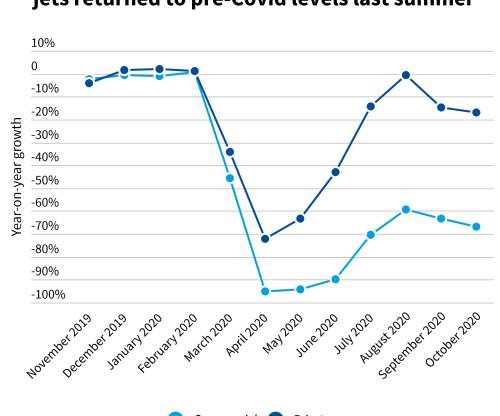Study finds behavior-influencing policies remain critical for mass market success of low-carbon vehicles
Green Car Congress
JULY 23, 2018
Policies to entice consumers away from fossil-fuel powered vehicles and normalize low carbon, alternative-fuel alternatives, such as electric vehicles, are vital if the world is to significantly reduce transport sector carbon pure-emissions, according to a new study. Note the different scaling used in the graphs.



















Let's personalize your content